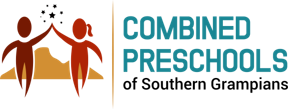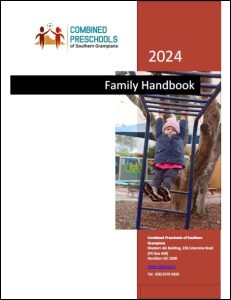WELCOME
CPSG would like to welcome your family to the CPSG community and we look forward to getting to know you in this exciting and important stage of your child’s learning journey.
Families play an important role in their child’s kindergarten and we encourage family involvement. Families can become involved by assisting in the daily program, sharing their skills, providing feedback on the program, participating in fundraising or joining the Parent Advisory Group of the kindergarten your child attends.
GETTING STARTED
Going to kindergarten is an important step for your child. It will help them learn skills that they will build on throughout their life.
Research has shown that:
- early education helps set children up for a bright future
- attending two years of quality kindergarten has even greater benefits
- at kindergarten children learn skills that they’ll take with them throughout their life.
Kindergarten improves children’s health and wellbeing, helps them to develop strong social skills and encourages a love of learning.
Children who go to kindergarten are more independent and confident and are more likely to make a smooth move to primary school.
TRANSITIONING YOUR CHILD TO SCHOOL
Transitioning your child into Primary School is a big milestone. Below is some information to ensure that you can start preparing and know what to expect.
Transition: A positive start to school
How to choose a school and enrol
family handboOK
This Family Handbook will give you an insight into the kinds of experiences your child will have at CPSG and what to expect in the year ahead. Of course, your Kindergarten Teacher can answer any questions you may have along the way.
Click the image below to download a copy of the Family Handbook.

